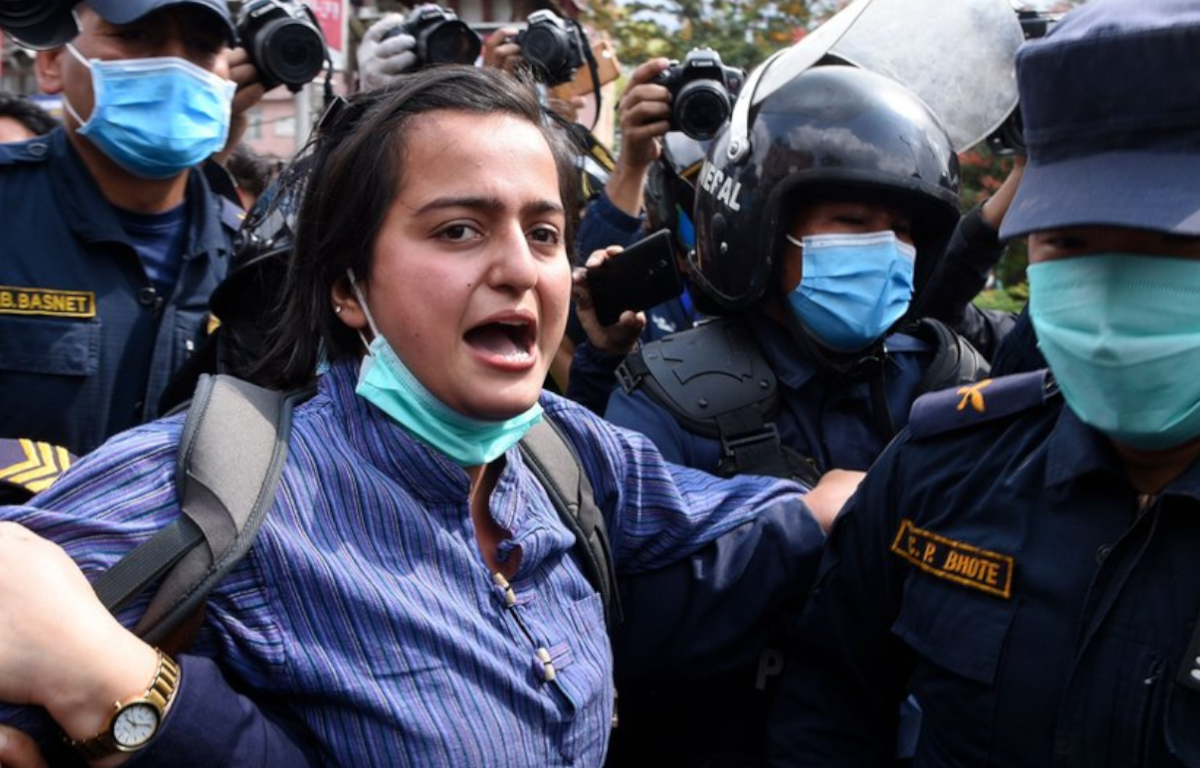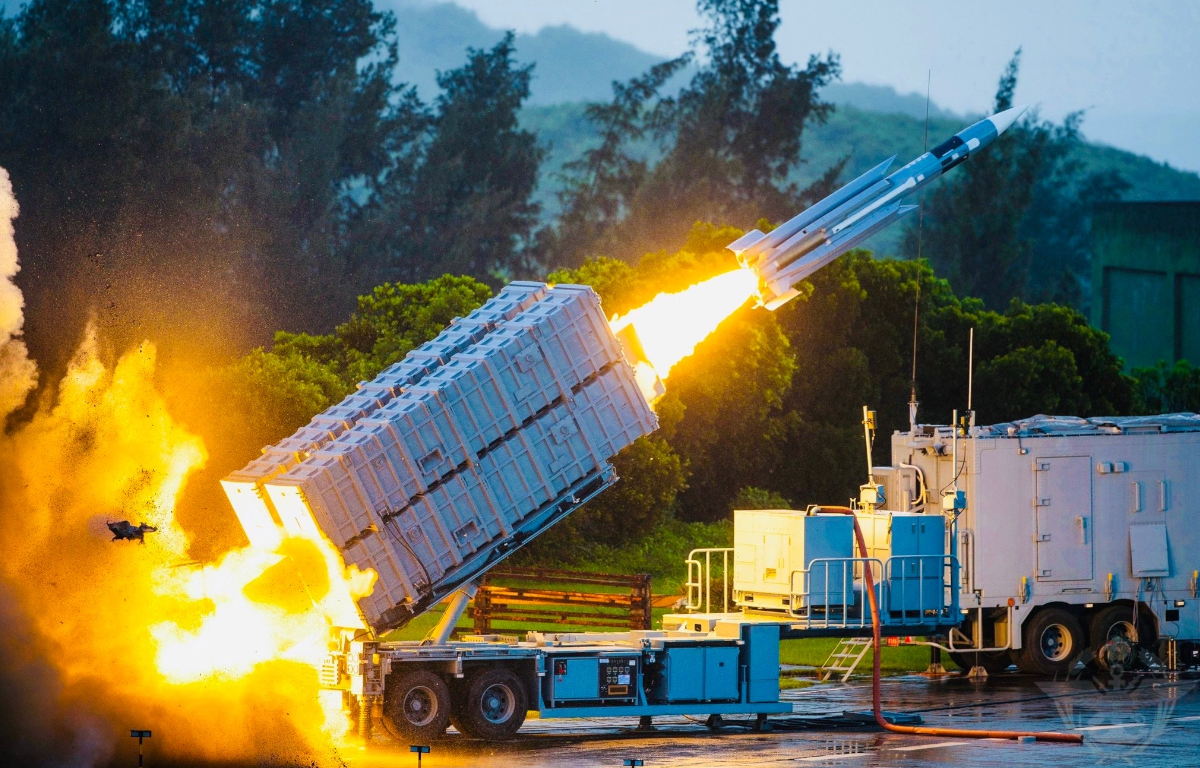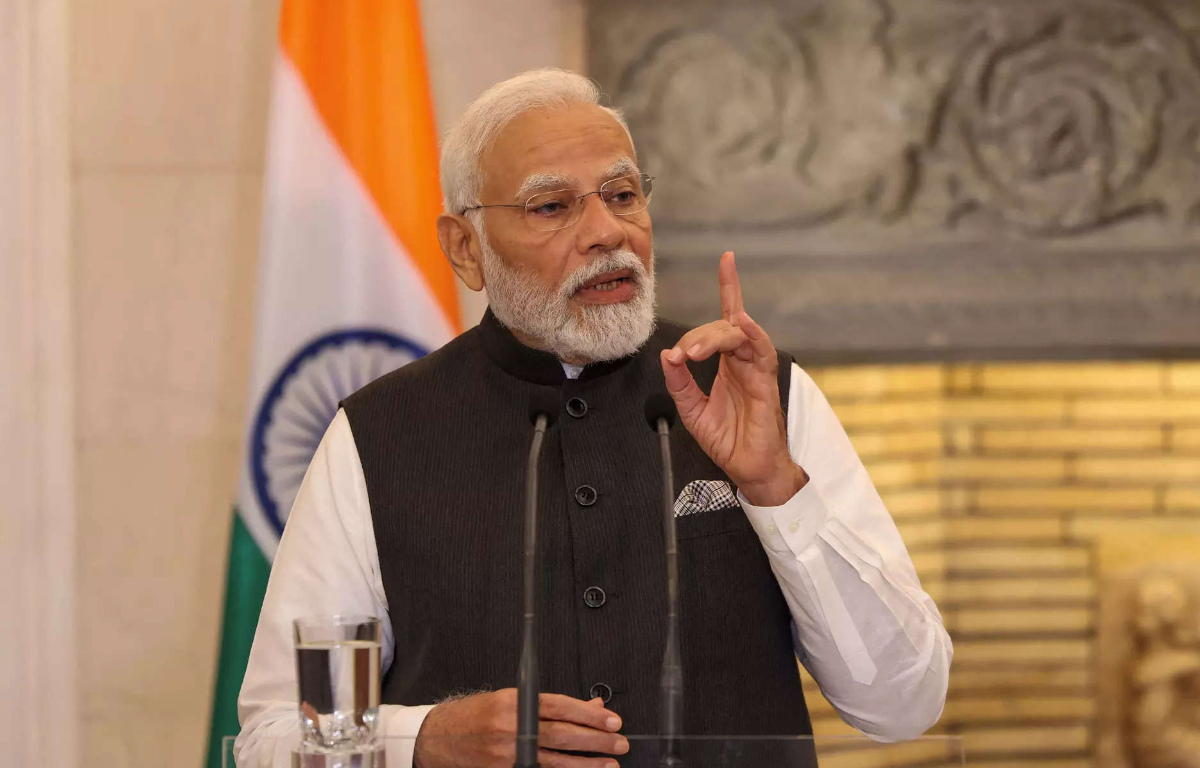
The decision to suspend sending cadets to China for military training was announced by the AFP Chief amid growing concerns about security and national interests. While specific details about the decision are limited, it is essential to examine the broader context in which this move was made.
One of the primary drivers behind this suspension is the complex and evolving geopolitical landscape in the Asia-Pacific region. In recent years, the South China Sea dispute has escalated tensions among neighboring countries, including the Philippines. China’s assertive territorial claims in the South China Sea have raised concerns about maritime security and territorial integrity, prompting the Philippines and other nations to bolster their defenses and alliances.
The AFP Chief’s decision reflects the Philippines’ efforts to navigate these tensions and protect its national interests. By suspending military training in China, the Philippines may be sending a message about its stance on these territorial disputes and asserting its commitment to safeguarding its sovereignty.
National security considerations are paramount when it comes to decisions related to military training and cooperation. The Philippines, like any sovereign nation, must ensure that its military personnel receive training that aligns with its strategic objectives and security concerns.
The suspension could be driven by concerns about the nature of the training provided in China and the potential risks associated with it. Ensuring that military personnel receive training that is consistent with the country’s defense priorities is a crucial aspect of national security.
Another factor that might have contributed to this decision is the Philippines’ desire to diversify its international alliances and partnerships. In recent years, the Philippines has sought to strengthen its ties with traditional allies like the United States and forge new relationships with regional powers like Japan and India.
By suspending military training in China, the Philippines may be signaling its intent to prioritize alliances and partnerships that align more closely with its strategic interests and values. This diversification of alliances is a common strategy employed by nations seeking to maintain their sovereignty and security in a complex geopolitical environment.
The decision by the AFP Chief to suspend sending cadets to China for military training is a significant development in the Philippines’ foreign policy and security strategy. It reflects the nation’s response to evolving geopolitical tensions, national security concerns, and its desire to diversify alliances.










Share this: